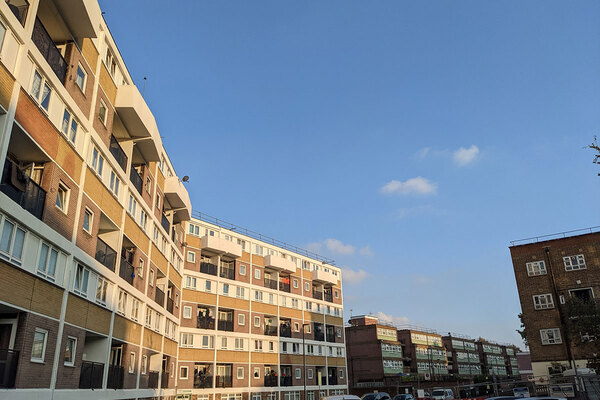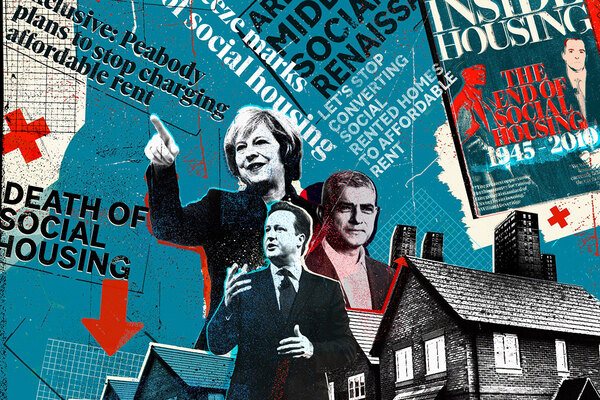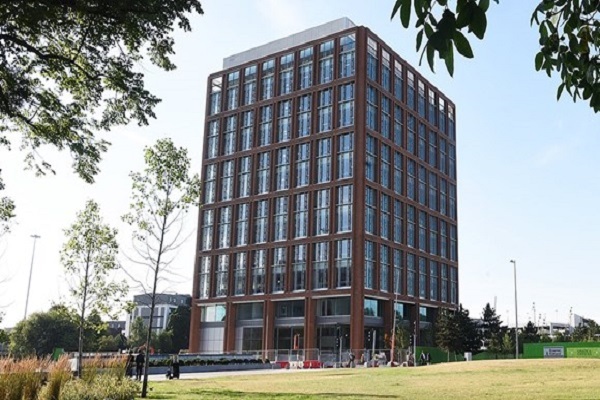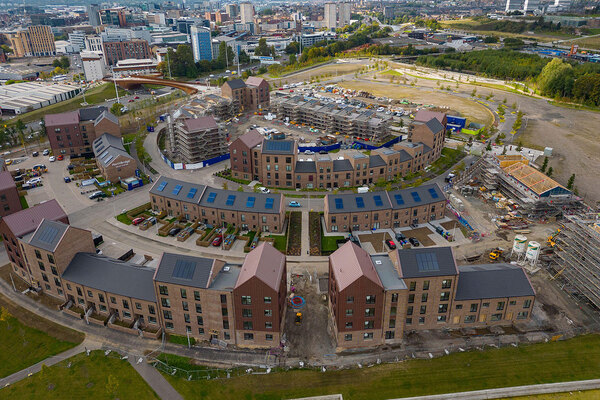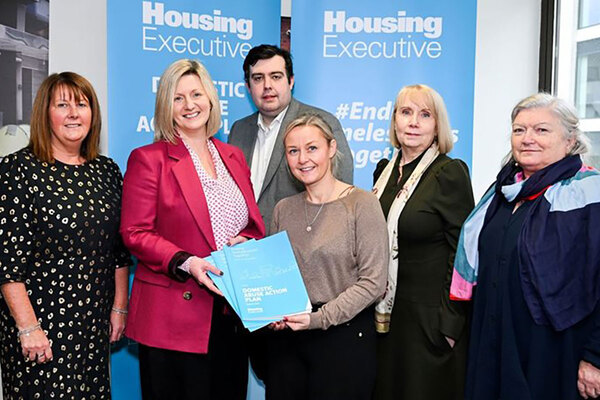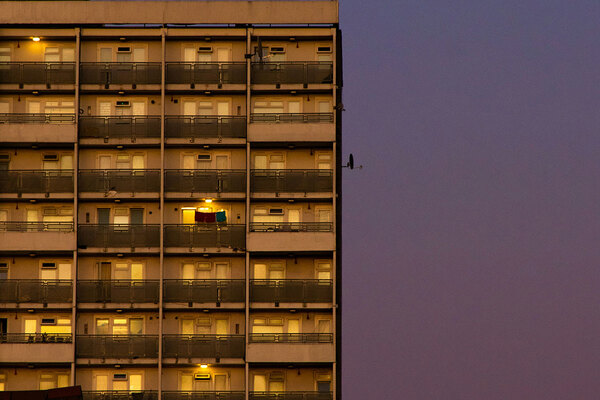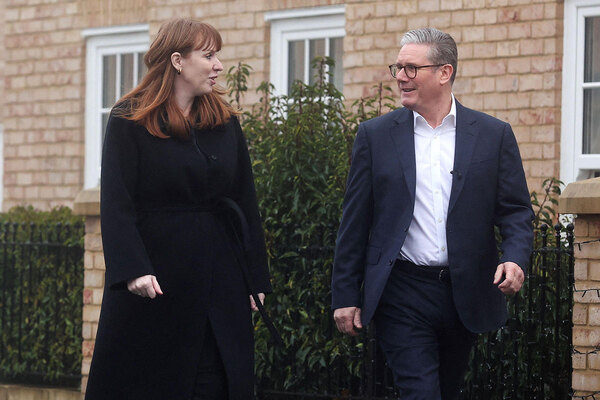You are viewing 1 of your 1 free articles
Spend more on social housing to reduce benefit bill, say peers
Ministers should reinvest the billions currently being spent on housing benefit to increase the supply of social housing, a cross-party group of peers has said.
The House of Lords Built Environment Committee has urged the government to change its approach to spending on housing, as part of a wide-ranging report into boosting housing supply that was published today.
The report said a “transition to spending more on the social housing stock” would address the “problem” of many individuals living in expensive private rented accommodation that is subsidised by taxpayers via housing benefit.
Housing benefit is currently costing the government roughly £23.4bn per year, the report said.
“Particularly given how much money is being spent on housing benefit… I think we thought the government should have a look at whether it’d be better value for money to do a bit more social rent,” the chair of the committee, Baroness Neville-Rolfe, told Inside Housing.
She said that the committee was “divided” on the subject of social housing and that some “were keener on that than others”.
Despite this, the report acknowledged that there is a “serious shortage of social housing” and recommended that the government should set out what proportion of funding for the current Affordable Homes Programme should be spent on homes for social or affordable rent.
Under the current grant programme, which runs from 2021 to 2026, the government has said 50% of the funding should go towards homeownership products such as shared ownership, but has not set specific targets for the number of social homes that should be delivered.
Alongside arguing that more money should be spent on social rent, the report said that homeownership schemes, such as Help to Buy, “do not provide good value for money”.
“Evidence suggests that, particularly in areas where help is most needed, these schemes inflate prices by more than their subsidy value,” the report said.
The report also recommended that the Right to Buy be reformed to allow councils to keep more of the receipts from sales and have a longer period to spend the receipts.
There should also be tighter restrictions on the conditions under which social homes can be bought, the report said.
When asked why the report did not recommend the scrapping of the Right to Buy, Baroness Neville-Rolf said that “the aspiration of people to own their home is exceptionally strong”.
“There certainly was a strong feeling from some on the committee that it was important and it shouldn’t be abandoned and I don’t think that even local authorities were saying that it should be abandoned. They were saying ‘please can we work with the grain to improve the system’,” she said.
The report also made a number of recommendations in relation to the planning reforms that were first published by the government in 2020 as part of its Planning White Paper.
Ministers have yet to publish a response to the white paper consultation and the report argued that the uncertainty has had a “chilling effect” on housebuilding.
“When the future of planning is uncertain, landowners are reluctant to sell land for development, developers are reluctant to submit plans that they may have to change later, and councils are hesitant about drafting or approving new local plans,” it said.
Other recommendations from the report included further support for SME house builders and the development of more suitable housing for the UK’s ageing population.
A Department for Levelling-Up, Housing and Communities spokesperson said: “We welcome this report and share the ambition to reform the planning system to meet the demand for more high-quality homes and create a fairer housing market.
“Despite the huge challenges faced during the pandemic, we delivered more than 216,000 homes in England in 2020/21 - well above the 186,500 forecast for the whole of the UK – and are investing a further £12 billion in affordable housing over the next 5 years."
Sign up for our daily newsletter
Already have an account? Click here to manage your newsletters
